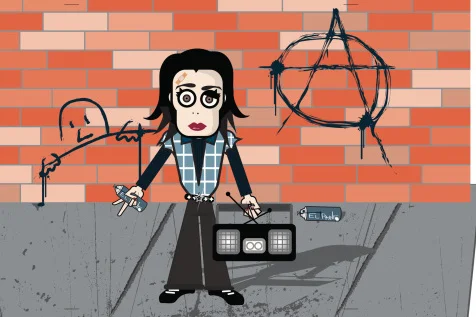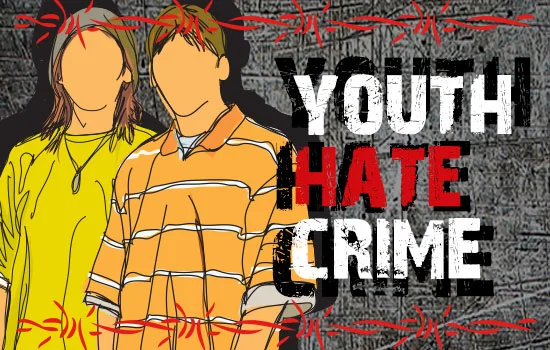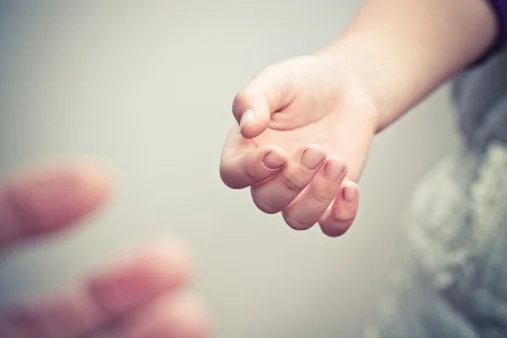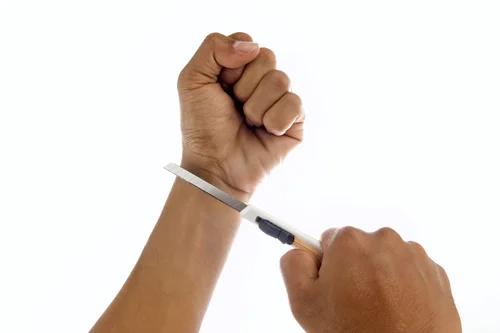+1 845 259 2974 (11 a.m to 7 p.m CST)
Why Teens Turn into Criminals: Finding the Root Causes
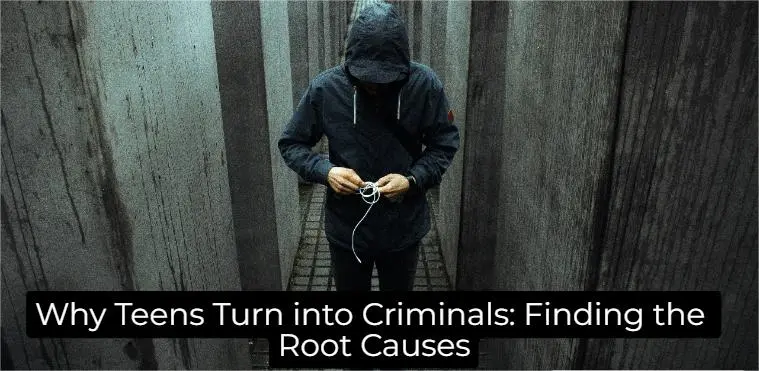
Teenage crime is a serious problem. Lots of parents and communities ask why some teens commit crimes. There isn’t just one simple answer. Many different things, personal, social, and economic, come together to shape a teen’s choices. Knowing why teens turn to crime helps parents and others prevent it. This article looks at the main causes of teen crime. It explains how these causes affect young people and what can be done.
For more information, see Juvenile Delinquency: What Makes Teens Commit Crimes.
1. Family Problems and Difficulties
Family life has a strong effect on teens. Teens from troubled homes are more likely to commit crimes. Problems like divorce, neglect, abuse, or lack of parent supervision make a big difference.
If teens don’t feel loved or cared for, they may behave badly. They can look for acceptance in dangerous groups or crime. Studies show teens with criminal parents or who see violence at home are at higher risk.
Family fights also hurt teen emotions. Bad communication can make teens feel alone or rebellious. They might copy negative behaviour in their family if there’s no good role model. Parents should try to give stability, love and clear guidance.
Learn about Warning Signs related to family issues.
2. Peer Pressure and Friends
Friends have strong influence at this age. Teens want to belong and be accepted by their peers. But some peer groups encourage crime or bad behaviour.
Teens who join gangs or bad groups may commit crimes to fit in or get protection. These groups often reward illegal acts with status. Peer pressure can beat family values or a teen’s own morals.
This is worse if the teen lacks good role models or family support. To resist pressure, teens need confidence and open talks with adults. Mentoring and good friendships help reduce crime.
3. Poverty and Money Problems
Poverty is a big cause of teen crime. Families in poverty often don’t have enough money for basic things. Teens in poor areas may lack education, jobs or safe homes.
Without enough resources, some teens turn to crime to survive or earn money. Poverty causes stress and frustration. This makes young people more likely to steal, sell drugs or join gangs.
Places with lots of poverty often have more youth crime. Poverty breaks social bonds and raises crime risks.
For more details, read Poverty and Juvenile Delinquency.
4. Poor Education and Job Chances
Education matters a lot for teens' futures. Teens who drop out or fail at school are more likely to commit crimes. School gives them structure and skills for life.
Without good education, teens find it hard to get legal jobs. Unemployment and no training pushes some toward crime for money. Bad school experience can also hurt self-esteem and cause anger. Helping teens stay in school and learn job skills stops crime. Early support in schools makes a difference.
5. Drugs and Alcohol
Many teens who commit crimes use drugs or alcohol. They may start using these because of pressure, stress or family issues. Drugs reduce their self-control and cloud their judgement.
Under the influence, teens do risky or illegal acts like stealing or fighting. Many youth crimes happen when teens are drunk or high. Addiction makes it hard to stop without help.
Families and society should teach about substance risks. Treatment and prevention can lower crime.
6. Mental Health Problems
Mental health struggles like anxiety, depression or trauma can lead to crime. Some teens have untreated issues. They may act violently or break laws because they can’t control their feelings.
Trauma from abuse or neglect changes brain development and behaviour. Without support, these teens risk criminal acts. Finding and treating mental health issues early is vital. Schools, families and health services must help teens cope.
7. Violence in the Neighbourhood
Growing up where crime and violence are normal affects teens a lot. They see crime as everyday life and may copy it. Living with violence causes fear and anger. Teens may join gangs for protection or react violently. Dangerous areas also limit safe places for teens to socialise positively. Communities need to improve safety and offer youth programmes to break this cycle.
8. Media and Online Influence
Teens have easy access to violent content on TV, games and social media. Some copy what they see or stop feeling shocked by violence.
Social media increases peer pressure and dangerous trends. Online bullying causes stress that may push teens toward crime. Parents should watch media use and talk about what teens see to help them choose wisely.
9. No Positive Role Models
Good role models show teens how to live lawfully and with purpose. Without these, teens may follow criminals or gang leaders.
Role models teach respect, responsibility, and problem-solving. Mentors and community figures can fill this gap. Seeing adults who care gives teens hope and motivation to avoid crime.
10. Personal Traits and Growing Up
Some teens turn to crime due to personality traits like acting without thinking or seeking thrills. Teen brains are still developing, especially in judgement and self-control.
Many teens try limits as part of growing up. Sometimes this means breaking the law. Early help with counselling and learning choices can guide teens.
What Can Parents and Communities Do?
- Parents are key in stopping youth crime. They need to give love, set rules, and listen openly. Watching social media and friends helps spot problems early.
- Teach teens about consequences, healthy coping and respect. Keep drugs and alcohol locked up. Clear family rules on behaviour and privacy are important.
- Schools and communities should improve education, job chances, and mental health help. Youth clubs and mentors build strong relationships.
- Fixing poverty and violence needs help from government and society. Better living conditions reduce crime in the long run.
- Families, schools, and communities working together help teens grow safe and strong.
Understanding root causes helps us support teens better. Prevention and early help are the best ways. Find more details here:
Helping teens avoid crime starts with understanding their struggles. Together, families and communities can guide youngsters to better futures.


